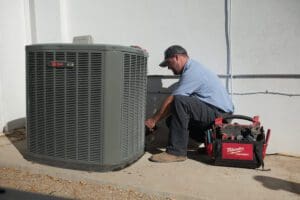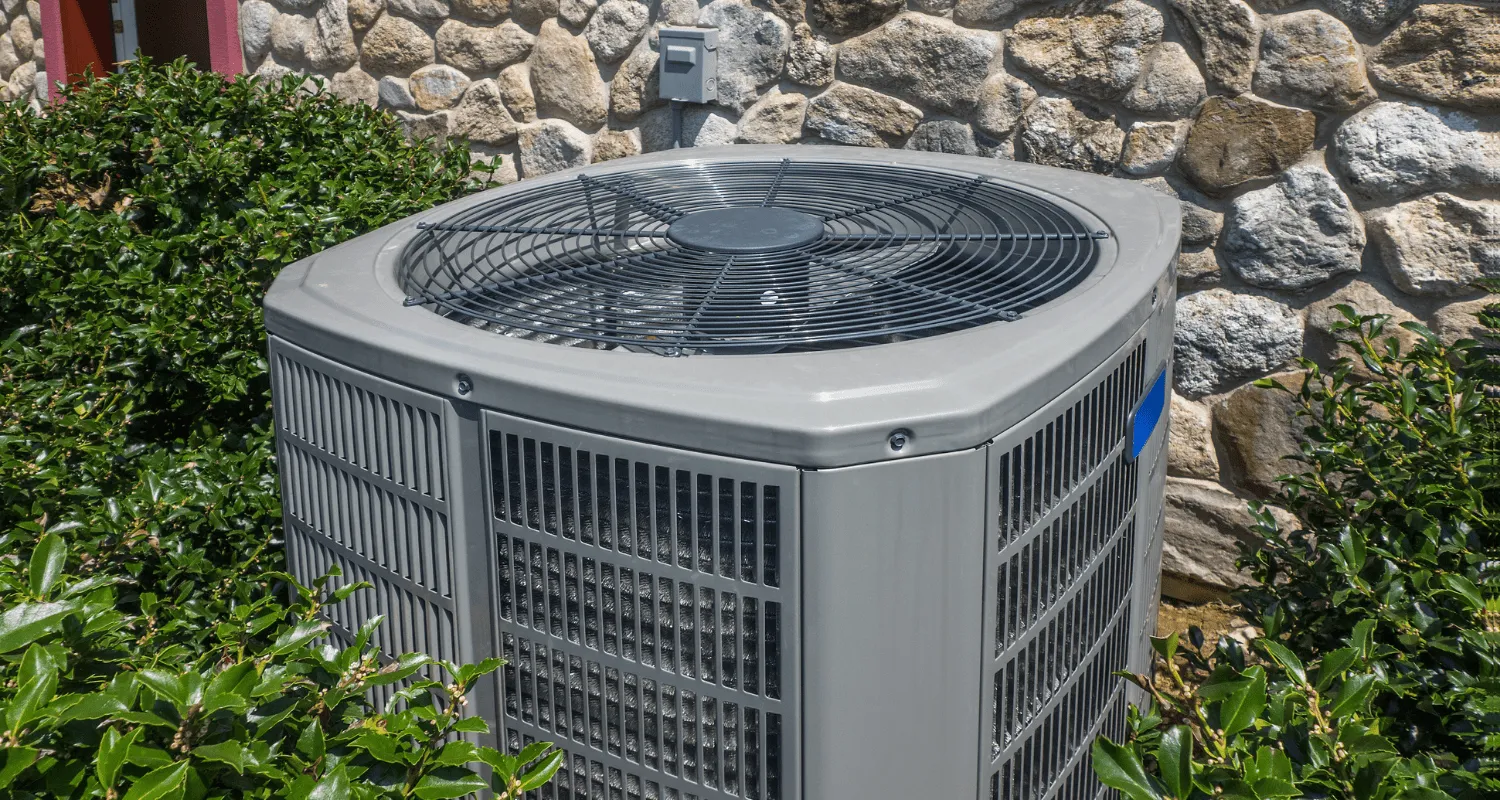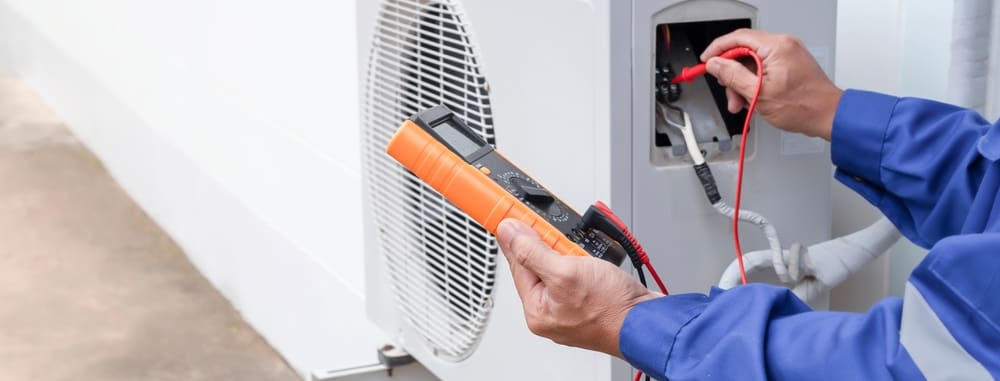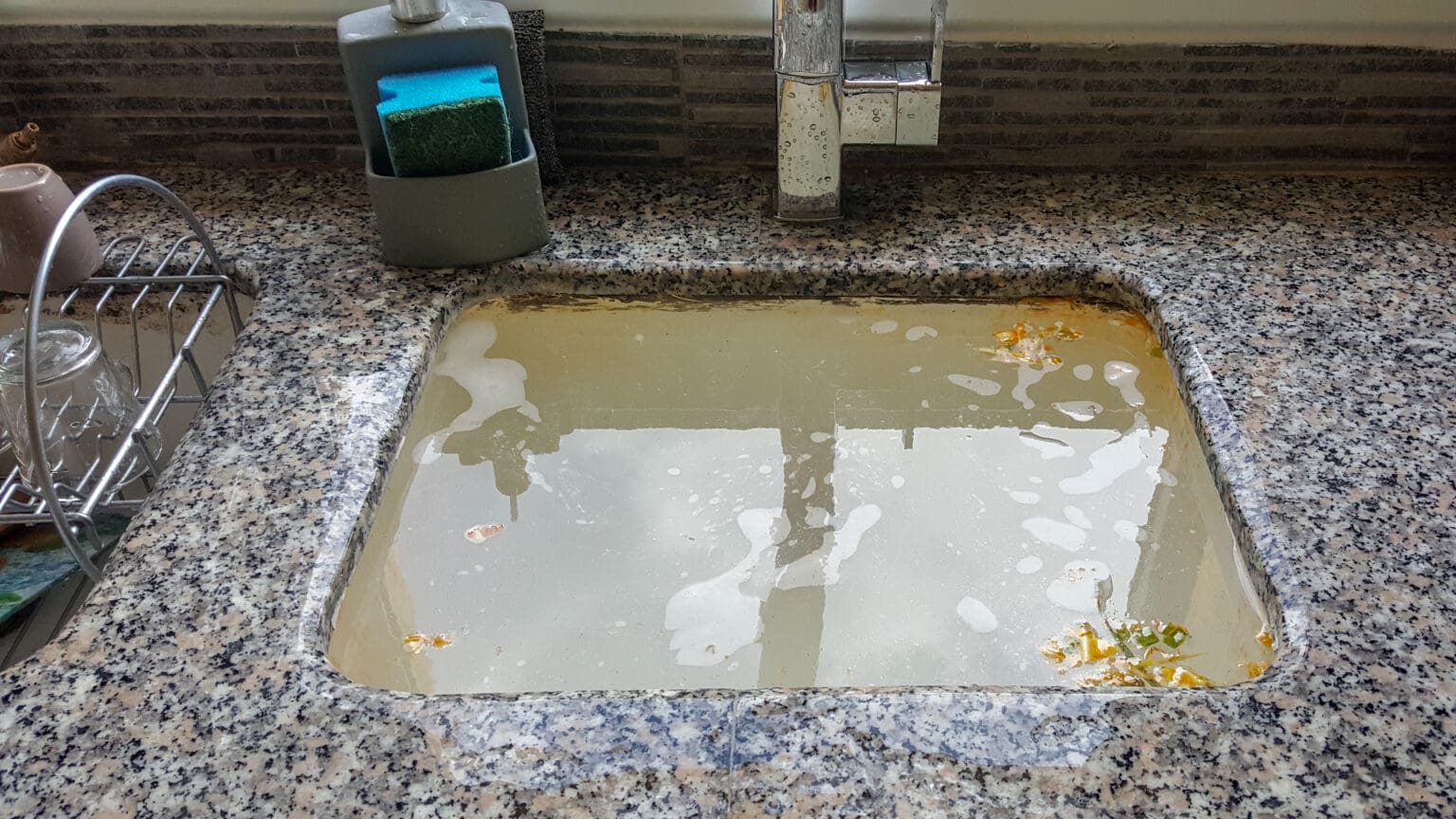Rotten eggs are the last thing you want to smell when you turn on your tap in your Phoenix area home. With the Flint water crisis in 2014 in which more than 10,000 residents were poisoned by lead in the public water supply, many Americans are vigilant about the water their family uses to drink, cook, bathe, and clean. Poor water quality can have a serious impact on health and quality of life. If your water smells like sulfur, here’s what you need to know about getting to the bottom of this unpleasant issue.
Why Does My Water Smell Bad?
Hydrogen sulfide, a colorless gas with this distinctly stinky odor, can enter the water supply and transfer the egg smell. This issue is more common with well water, but can also occur in homes and businesses connected to the municipal water supply. Sulfate-reducing bacteria could be the culprit if your cold water smells like rotten eggs. This happens when pipes become corroded or are poorly ventilated, allowing this microbe to thrive.
When both hot and cold water systems are affected, your water supply is likely infused with naturally occurring hydrogen sulfide, either through the groundwater or within your well. If you have hard water and the smell only arises after the water is treated, your water treatment system is usually the source of sulfur bacteria.
How Can I Get Rid of the Smell in my Water?
When this problem arises, your priority is to get rid of the smell as soon as possible. When hot water is affected, the rod in your water heater could be to blame. Replacing a corroded rod with a zinc or aluminum rod often resolves the stench, which is caused by a chemical reaction within the water heater. Adding corrosion inhibitors to the water supply can keep the issue from recurring.
For cold-water smells linked to pipe corrosion or sulfate-reducing bacteria, chlorinating the water supply can have a positive impact on its odor. With naturally occurring hydrogen sulfide, carbon filters and customized water decontamination programs provide effective relief.
Is It Safe To Use My Water?
Although the smell is unpleasant, hydrogen sulfide is generally not harmful to humans. However, consuming water infused with hydrogen sulfide can cause diarrhea and resulting dehydration, most commonly in infants and the elderly.
Over time, though, water contaminated with this substance can become more hospitable to other types of bacteria, which can lead to health problems. Many homeowners are displeased by the way sulfur water leaves stains in the toilet, sink, and plumbing fixtures.
What Are the Signs That My Water Is Unsafe To Use or Drink?
Contact a water testing professional right away if you notice any of the following issues with the tap water in your home:
Bad Tasting Water
A strange taste, which could be metallic, bitter, or fishy. A chlorinated taste or smell indicates that your municipal water is treated with chlorine and can usually be resolved with a water filter. Bitterness can be caused by the presence of pesticides and other chemicals. Ideally, clean water for home use should be odorless and tasteless.
I Can’t Cook With My Drinking Water
Issues with baked goods, such as flat cookies, cakes, and bread. This failure to rise can also be caused by excess chlorine in the water.
Low Water Pressure
Limited water flow or poor pressure. This issue can be linked to corroded pipes that allow scale and sediment to build up within. You may also notice dirt, sand, or clay collecting in your sink or shower after you use the water.
Water is Foamy or Cloudy
Foamy or cloudy appearance. If your tap water is less than clear, it could be harboring bacteria.
Drinking Water is Colored
Orange, yellow, brown, blue, or green water. An orange or brown tint can be caused by corrosion and/or an excess of lead, manganese or iron. Yellow water could signify the presence of chromium-9, a cancer-causing chemical. A blue or green tinge usually indicates the presence of copper.
Faucet Water Can’t be Used to Clean Household Items
Difficulty cleaning the items in your home. For example, silverware may become rusty, and dishes and glasses may have streaks and spots even after scrubbing.
Skin Residue After You Take a Shower
A feeling of residue after washing. This can affect the skin and/or hair when contaminants are in the water, leading you to feel less than clean even after stepping out of the shower.
According to the Center for Disease Control and Prevention, contaminated tap water can lead to neurological, reproductive, and gastrointestinal problems. The latter category is most likely to affect the elderly, individuals who have compromised immune systems, pregnant women, and infants and toddlers. Keep in mind that many contaminants do not cause these issues and are undetectable to the senses. For this reason, periodic testing is essential to maintain optimal water quality and health.
How Does Drinking Water Become Contaminated?
Various situations introduce contaminants into the public and private water supply. These can include minerals and chemicals that occur naturally in groundwater, including uranium, radon, and arsenic. Animal feeding, livestock care, fertilizer and pesticide use, septic and sewer system issues, and manufacturing operations are other common causes of local water contamination. However, the Environmental Protection Agency (EPA) ensures that the public water supply meets specific standards, including acceptable contaminant levels. Guidelines require periodic testing for more than 90 different contaminants, including E.coli and Salmonella.
U.S. residents who use the public water supply receive an annual EPA Consumer Confidence Report (CCR). This document is targeted to your specific water source and contains information about contaminant levels, how these compare to safe contaminant levels established by the EPA, and other relative details about your water supply. The CCR must be sent electronically or mailed by July 1 each year.
Types of Drinking Water Contamination
According to EPA data, the most common contaminants detected at unsafe levels in the private water supply include:
- Giardia, a parasite that causes persistent diarrhea for one to two weeks
- Legionella, a bacterial infection that causes life-threatening pneumonia
- Norovirus, which causes highly contagious vomiting and diarrhea
- Shigella, a bacteria that causes fever, stomach cramps, and diarrhea
- Campylobacter, a bacteria that is one of the most common causes of diarrhea in the United States
- Copper, which can cause irritation, nausea, pain, and vomiting in unsafe doses
- Salmonella, a bacteria that causes fever, stomach cramps, and diarrhea
- Hepatitis A, a virus that causes acute liver infection
- Cryptosporidium, a microscopic parasite that causes diarrhea
- E. coli, a bacteria that causes gastrointestinal issues along with widespread infection
Private well owners are responsible for testing their own water supply and ensuring its safety. The CDC notes that the most common organisms found in private well systems include:
- Hepatitis A
- Giardia
- Campylobacter
- E. coli
- Shigella
- Cryptosporidium
- Salmonella
- Arsenic, which is known to cause cancer in humans
- Gasoline, which can cause nausea, vomiting, headache, and dizziness
- Nitrate, which can limit the blood’s ability to transport oxygen
- Phenol, which causes internal irritation or burns with ingestion
- Selenium, which can cause neurological effects at high levels
The EPA recommends frequent water testing for private wells to establish a record of safe water supply. This information can help solve issues that arise in the future and when selling the property. You should test your private well once a year as well as after the well or parts of the well are repaired or replaced, during early pregnancy, after the infant is born, or anytime a household member experiences an unexplained illness.
What Should I Do Next?
When you notice anything odd about your home’s water supply, have it tested by a professional like Day & Night Air Conditioning and Plumbing right away. He or she can detect the presence of hydrogen sulfide as well as other substances that can cause health problems and plumbing issues. Consider having the water tested every year or so, even if you haven’t experienced signs of an issue.
Professionally installed filters and systems can condition and soften the water to remove unpleasant and dangerous substances. Hard water is defined by high levels of naturally occurring minerals such as magnesium and calcium. The softening system draws hard water through a filter where these ions are replaced with sodium and potassium ions. Reverse osmosis systems can be used to filter nitrates, hydrogen sulfide and other sulfates, lead, and chlorine.
What Are the Benefits of Testing Your Drinking Water?
Even when your water is within safe contaminant levels, testing and filtering can help you achieve high-quality water in your home. Some of the key benefits include:
- Elimination of residue that discolors and stains your bathroom fixtures, shower stalls, and other areas of the home
- Longer life for your appliances, such as water heaters, pipes, and dishwashers, since contaminants can damage and erode these fixtures
- Decreased cost compared to buying bottled water to deal with water quality issues
- A cleaner feeling and less irritation after bathing, especially for those with sensitive skin
- Decreased risk of illness associated with water contamination
When you’re bothered by a sulfur smell in water, the team at Day & Night Air Conditioning and Plumbing can take steps to diagnose and treat the issue to bring back your peace of mind. Our water treatment services include testing for contaminants that are not covered by standard EPA testing, including but not limited to hormones, prescription drugs, household chemicals, and pesticides. Phoenix homeowners receive both surface water from Lake Mead and groundwater, so we specifically detect contaminants commonly found in those sources. Contact us today to learn more about water softeners and conditioners designed to provide a safe, healthy, crystal-clear water for your home. We’ll help determine the best option depending on your customized water quality report. Call us for a faster response: (602) 492-9656







